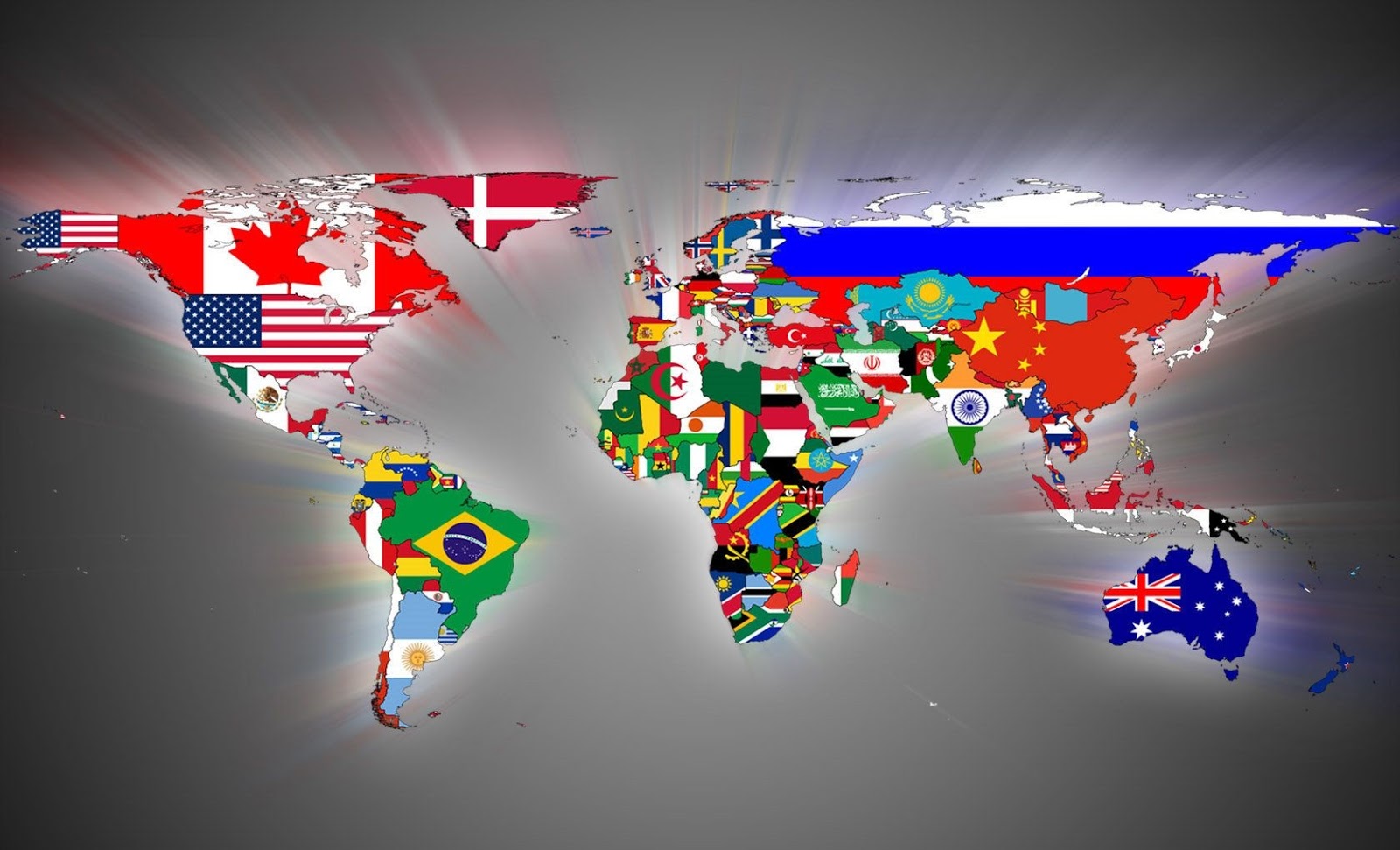Countries encompass a rich tapestry of cultures, landscapes, and histories that shape our world today. Each nation holds its own unique identity, blending traditions, languages, and customs that reflect the lives of its people. From bustling cities to tranquil rural areas, the diversity found within countries is nothing short of fascinating, offering endless opportunities for exploration and understanding.
As we traverse the globe, we uncover the myriad of countries that contribute to the vibrant mosaic of humanity. Each country, with its distinct narrative, invites us to delve deeper into its stories, achievements, and challenges. By understanding the intricacies of different nations, we can appreciate the shared experiences that unite us all, despite our differences.
In this article, we will take a closer look at what defines countries, the factors that influence their development, and the varied experiences of their inhabitants. We’ll explore key questions regarding the significance of countries in our lives, the impact of globalization, and how cultural exchanges shape our understanding of the world.
What Defines a Country?
A country is typically defined by a defined territory, a permanent population, a governing body, and the capacity to enter into relations with other countries. These elements create a sense of identity and belonging for the people who reside within the nation's borders. The laws, institutions, and policies that govern a country contribute significantly to its unique character.
How Do Borders Shape Countries?
Borders are critical to the concept of a country, serving as both physical and psychological boundaries. They influence trade, migration, and cultural exchanges, often determining the economic stability and social cohesion within a nation. Borders can also be a source of conflict, as disputes arise over territorial claims and resources.
What Role Does Culture Play in Countries?
Cultural heritage is a cornerstone of any country, informing its traditions, values, and societal norms. Language, religion, cuisine, and art are integral aspects of a nation's identity, often passed down through generations. The diversity of cultures within and between countries enriches our global community, fostering understanding and collaboration.
How Do Countries Evolve Over Time?
Countries are not static; they evolve in response to internal and external pressures. Historical events, such as wars, colonization, and revolutions, shape the trajectory of nations, impacting their political landscapes and societal structures. Economic changes, technological advancements, and demographic shifts also play pivotal roles in the transformation of countries.
What Is the Impact of Globalization on Countries?
Globalization has significantly altered the dynamics between countries, promoting interconnectedness and interdependence. While this phenomenon has led to economic growth and cultural exchange, it has also raised concerns about the erosion of local identities and the widening gap between developed and developing nations. Understanding the nuances of globalization is essential for addressing the challenges and opportunities it presents.
How Do Countries Address Environmental Challenges?
Environmental issues, such as climate change and resource depletion, pose significant threats to countries worldwide. Nations are increasingly recognizing the need for sustainable practices and collaborative efforts to tackle these challenges. International agreements, such as the Paris Agreement, illustrate the importance of collective action in safeguarding our planet for future generations.
What Are Some Notable Countries Around the World?
When we think of countries, several come to mind due to their unique contributions to global culture, economy, and politics. Here are a few notable examples:
- Japan: Known for its rich history, technological advancements, and unique blend of tradition and modernity.
- Brazil: Renowned for its vibrant culture, biodiversity, and the Amazon rainforest.
- Germany: A leader in engineering, innovation, and a pivotal player in European politics.
- India: Celebrated for its diverse cultures, languages, and rapid economic growth.
What Is the Future of Countries in a Changing World?
The future of countries is intertwined with global trends such as technological advancements, demographic changes, and shifting power dynamics. As nations navigate these complexities, the ability to adapt and collaborate will be crucial in shaping a more equitable and sustainable future. In this ever-evolving landscape, countries must strike a balance between preserving their unique identities and embracing the interconnectedness of our global community.
In conclusion, the exploration of countries reveals a world full of diversity, challenges, and opportunities. By understanding the factors that shape nations, we can foster a greater appreciation for the shared experiences that unite us all. Whether through cultural exchanges, economic partnerships, or environmental initiatives, the journey of discovering countries invites us to engage with the world in meaningful ways.
You Might Also Like
Sophie Rai: The Rising Star In The Entertainment IndustryUnleashing The Power Of Precision: Razer Firefly V2 Pro White
Dio Johnson And Dwayne Johnson: Are They Related?
Unveiling The Life Of Olivia Rodrigo’s Dad: A Closer Look
Unveiling The Charm Of The Beetle Popcorn Bucket
Article Recommendations
- Erica Stoll Net Worth A Closer Look At Financial Success
- Bethany Joy Lenz Marriage Career And Personal Journey
- Paige Vanzants Erotic Experience Revealed


